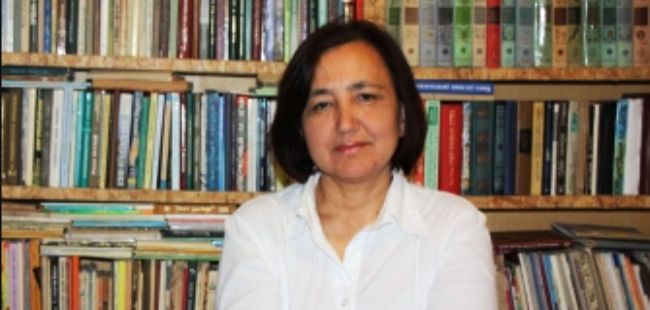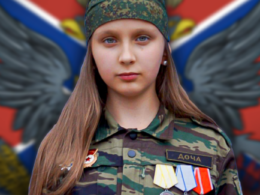On 29 July 2015, members of UN Security Council gathered to vote on a resolution aimed to provide justice for the 298 victims of the downing of Malaysian airline flight MH17 over Eastern Ukraine on July 17 last year. The resolution was the result of a multi-national effort to set up a framework to use the evidence painstakingly collected by the Joint Investigation Team over the months after the tragedy. In complete disregard of the victims’ relatives’ grief, Russia’s representative Vitaliy Churkin vetoed the resolution. The prospects for justice remained uncertain ever since.
This is far from the first instance of what is increasingly regarded as veto power abuse by Russia. Just a few weeks before, Churkin vetoed the resolution to recognize the massacre of 8000 Muslim Bosnians during the 1992-1995 Bosnian war as genocide. In March 2014, Russia used its veto power to stop the resolution declaring the Crimea annexation sham “referendum” illegal.
In 2009, Russian veto power was used to block the extension of a UN mission to Georgia overseeing the ceasefire between Georgian troops and a Russian-backed statelet of Abkhazia. This came on the heels of Russia’s first hybrid war against Georgia, resulting in occupation of Abkhazia and South Ossetia regions. Another pro-separatism move was vetoing the resolution giving UN guarantees to support reunification for Cyprus (which failed to materialize).
The list goes on: over the past 24 years Russia’s veto power has been used to defend the atrocities condemning the governments of Myanmar, Zimbabwe and, repeatedly, Syria (supported by vetoes of Russia’s Security Council ally China). Those vetoes can be regarded as fueling multiple conflicts around the world. Notably, the US also used its veto power multiple times to block resolutions aimed to resolve the Israeli-Palestinian conflict. A full list of the vetoes can be viewed here.
Kremlin’s use of veto power to guarantee impunity for its actions in Ukraine has driven many to question Russia’s very right to exercise veto. Ukrainian analyst Oleksandr Merezhko argues Russia’s “inheritance” of the USSR’s veto power did not follow UN procedure of admitting new members. “USSR and Russia are two different subjects of international law,” Merezhko wrote. “In 1991 the USSR had ceased to exist. This is why logically and legally Russia cannot be a ‘continuation’ of the state that ceased to exist as a geopolitical entity. By taking place of the USSR in the UN Security Council Russia grossly violated the UN Charter.”
Merezhko believes Ukraine recalling its 1991 consent to Russia taking USSR’s place in the Security Council could reopen the question of who should take USSR’s place in the Security Council and open a path to reforming the international body.
This issue, albeit perhaps in a less radical form, may be reopened in the upcoming UN General Assembly. Yuri Sergeyev, Ukraine’s UN representative, announced that 67 countries were behind an initiative to restrain Security Council veto when applied to mass atrocities. Veto-wielding members of the Security Council, including France, have come out in support of this reform.
https://twitter.com/Yuriy_Sergeyev/status/643975182973997056
Ukraine’s president Petro Poroshenko has also endorsed the idea of stripping Russia of Security Council veto power. While he believes Russia should remain a permanent member due to being a major military power, Poroshenko said an aggressor state should not be able to exercise veto in defense of its illegal actions. Ukraine’s president recalled Russia vetoing the MH17 tribunal as a glaring example of such veto abuse.








